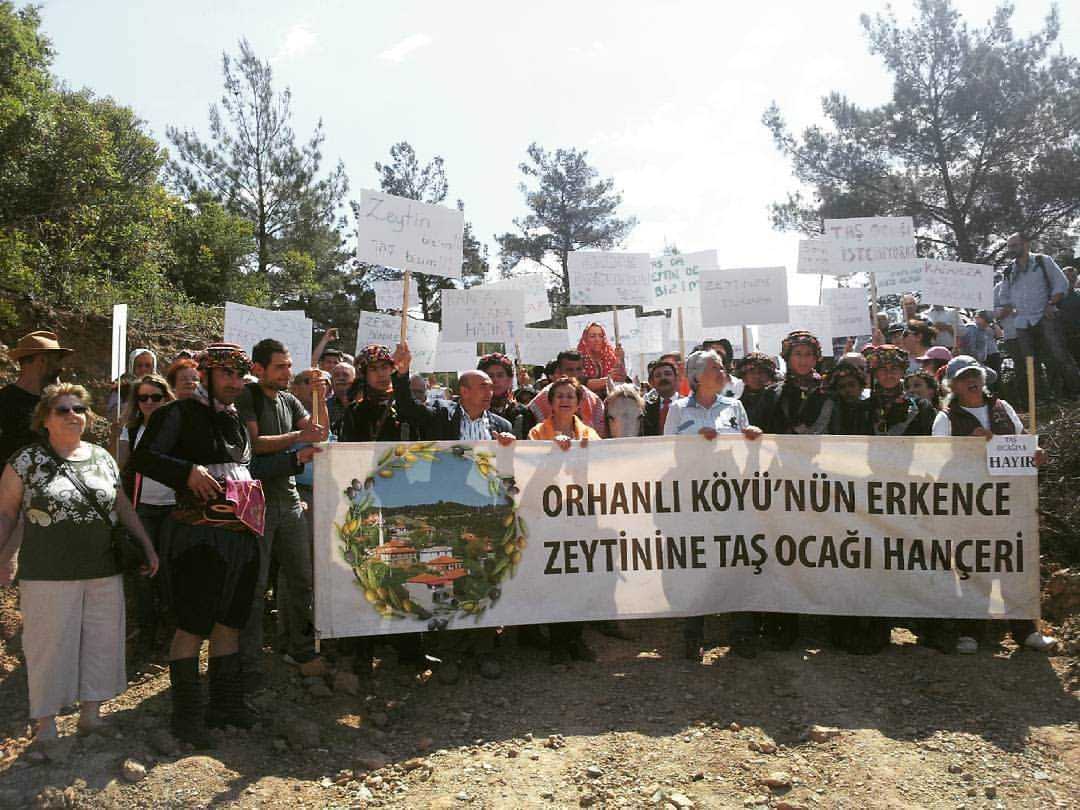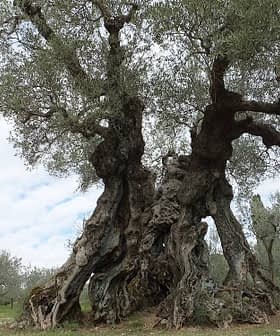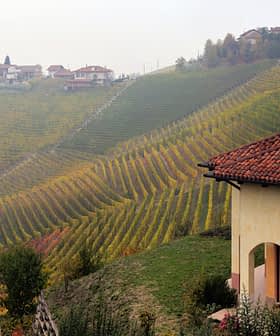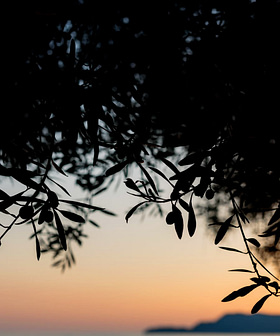Turkish Government Backtracks Proposed Changes to 'Olive Law'
The draft proposal which the government claimed was to support the development of industry and production was highly criticized by the olive oil industry and opposition parties and as it threatened the country’s olive oil production.
The Turkish press has reported the government’s withdrawn of some of the proposed changes to “The Olive Law” which protects Turkey’s olive groves following widespread resistance from olive farmers, environmentalists and opposition parties.
The government’s proposed changes to the law reduced the protection afforded to olive producers by allowing industrial facilities and mines to be constructed on olive groves.
See Also:Turkey’s Olive Trees Threatened by Draft Law
The draft proposal which the government claimed was to support the development of industry and production was highly criticized by the olive oil industry and opposition parties who dubbed the move “a death warrant for olive groves,” that cleared the way for the clearing of groves to make way for mines, other industries, and housing complexes.

Local communities, the general public and associations including the National Olive and Olive Oil Council and The Friends of The Olive Association expressed their opposition at seminars, protests and on social media. The most public activity was a petition launched by “The Friends of Olives Association” (Zeytindostu Derneği) entitled “Don’t touch my olive tree.” The organizers aimed to collect one million signatures against the proposed draft.
However, Haluk Yurtkuran, co-founder, and president of Adatepe Olive Oil and an Olive Oil Museum in the Çanakkale province of Turkey told Olive Oil Times the draft has not been pulled back as reported in the mainstream press.
Zeytin ağacı sadece zor tabiat koşullarına değil; sığ zihinlere ve beton sevicilere de dayanıklıdır. #BenBirZeytinAğacıyım#BenZeytinimpic.twitter.com/vb9dVez1q6
— Erdem Aslanoğlu🇹🇷 (@ErdemAslanoglu) June 6, 2017
Yurtkuran explained, “This draft law is composed of different articles each relating different aspects of enhancing industrial zones for stimulating industrialization in the country. And it is still in the negotiation process in the relevant commissions in the assembly.
After lobbying by the NGOs and the public opinion leaders, the commission had to drop a few articles such as restricting touristic and housing constructions, as well as the number of olive trees that constitutes a protected grove.
The article which was submitted to parliament on May 17th would have meant that any olive grove with less than 15 trees per decare would not be considered an olive grove and was vulnerable to being seized by developers ruining the livelihoods of many small farmers.
According to Yurtkuran, “The more critical article 4 remains unchanged relating to industrial buildings, mines, and power plants could be established within 3 Km proximity to olive groves if there is a public benefit on the project. This public benefit would be approved by a committee headed by the governor (a non-elected appointee of the government), representatives from trade and industrial chambers, representatives from the ministry of economy, industry, and agriculture.”
2017 #DünyaÇevreGünü’nü Aysin ve Ali Ulvi Büyüknohutçu’ya adıyoruz
Pztesi12.30da İstanbul/Çevre&Şehircilik önündeyizhttps://t.co/EXdCIGKPhbpic.twitter.com/D06p3oc1tl— K.OrmanlarıSavunması (@kuzeyormanlari) June 3, 2017
The law as it stands prohibits the establishment of any industrial facility other than an olive oil production unit on olives groves and within three kilometers. The proposed bill would have disposed of this safety net.
The amendment would also have abolished the three-month prison term handed down to people caught grazing animals on olive groves and replaced the prison term with a fine of 5,000 Turkish Lira ($1,418). The step back from the government on this resulted in a pledge to increase the prison term from three to six months.
The latest proposal also increases the fine for those found unlawfully cutting down olive trees from 2,000 Turkish Lira ($560) to 4,000 Turkish Lira ($1,120).
Lobbyists against the bill have expressed hope that continued pressure may force the article to be dropped during negotiations of the draft in the general assembly.
“Don’t touch my olive tree” has collected almost 30,000 signature on Change.org.








